Firms such as Uber and AirBnB are challenging traditional business models and risk managers should “grasp this reality with both hands and embrace it”
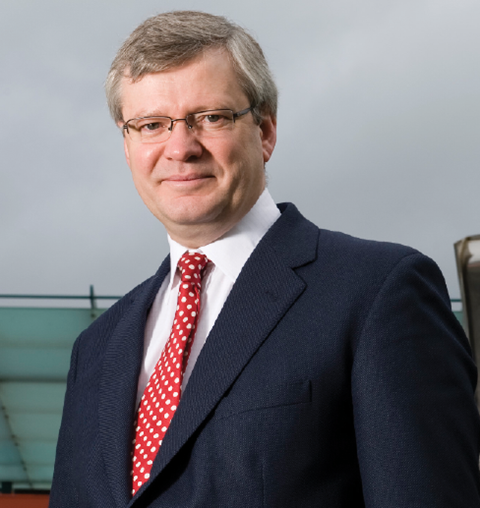
Disruption to traditional business models is a “great opportunity” for risk managers, says John Ludlow, deputy chairman at Airmic.
“Like every problem, it makes the risk manager more relevant; risk managers should grasp this reality with both hands and embrace it,” he explains.
“It doesn’t matter if you’re a taxi company and you’ve got Uber coming in, or you’re a hotel company and you’ve got Airbnb coming in, most industries are facing some kind of disruption to their business models.”
He adds: “Really it is where the chief risk officer is working with a company’s strategy teams to identify for boards the risks and opportunities in the business model, and in the wider ecosystem and economy where that business model resides.”
Ludlow says most risk managers today are too embedded in the operational and tactical risks of a business.
“I don’t think risk managers are in the boardroom enough. They tend to talk to senior leadership teams and they come out with the risk registers and heat maps and have projects and plans to improve things, but that’s typically working with senior leaders in the business,” he says.
But risk managers must move beyond this, Ludlow argues.
“The operational control framework and making sure that the business is repeatable, reliable and resilient is absolutely vital. But [risk managers’] true destiny surely lies in working with boards to help them understand how the business needs to adapt over the long term and what the company needs in terms of capabilities in the future so that it’s still resilient and successful and positioned well for that environment,” he says.
Ludlow says as risk managers move from an operational to tactical to strategic risk focus, their perspective, audience and language needs to change.
“At an operational level you’re focused on the front line and you’re talking about the physical realities of life. When you step up to the tactical world - the world of senior managers - the language is going to change and what you’re trying to achieve is going to change; it’s a much more commercial world and money is the currency here. At the board level the audience is partners and investors, the focus is the business model and the currency is trust and reputation.”







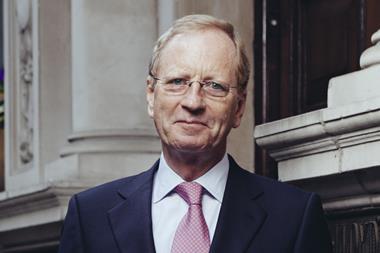



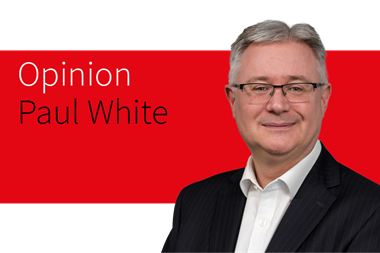


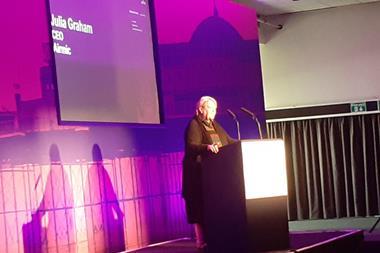
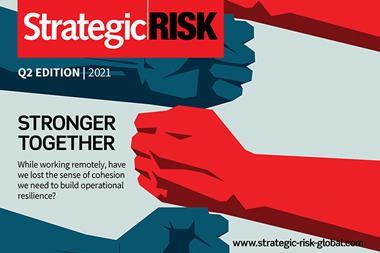



No comments yet